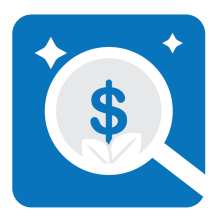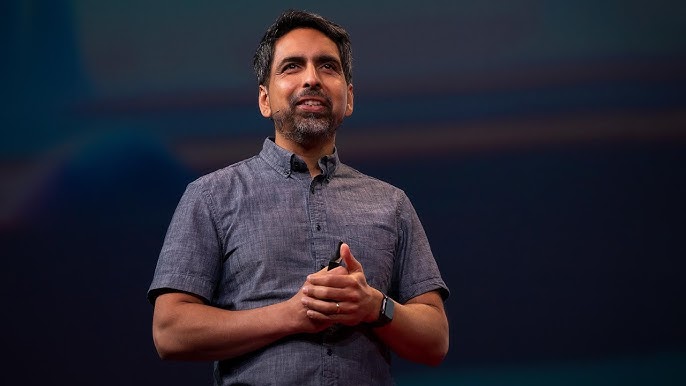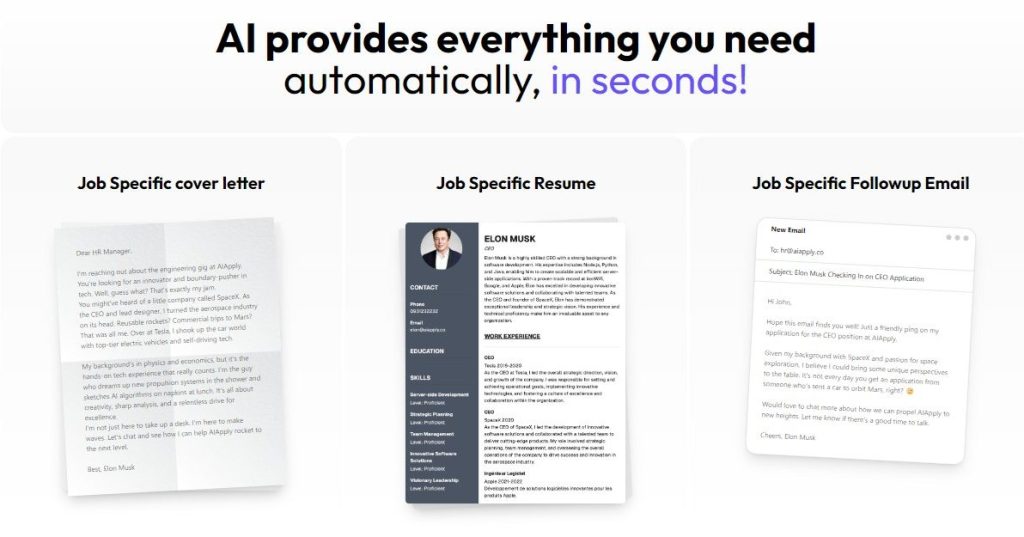Ever heard of free online classes that cover everything from math and science to art and economics? That’s thanks to Sal Khan, the visionary behind Khan Academy. Bringing in millions of users every month, Khan’s platform has turned education into an accessible, global resource for anyone with an internet connection. His journey from tutoring his cousins on YouTube to leading a nonprofit educational powerhouse is proof that a simple idea can make a massive difference worldwide.
Let’s dive into Khan’s incredible story and discover how he transformed a simple teaching method into a global educational platform that’s helping millions of students achieve their learning goals.
The “Aha!” Moment with YouTube Tutoring
Khan’s big breakthrough happened unexpectedly when he was tutoring his cousin, Nadia, in math back in 2004. Living miles apart, they relied on phone calls and Yahoo’s Doodle notepad to connect. Then, as Nadia’s grades improved, other family members asked for his help too. To save time, Khan decided to make short video lessons and upload them to YouTube.
To his surprise, these videos didn’t just help his cousins. Soon, strangers worldwide were tuning in, finding value in his easy-to-understand teaching style. This humble experiment grew as he realized he was onto something revolutionary. Khan left his hedge fund job and committed fully to his mission: creating a free, world-class education for anyone, anywhere.
From YouTube Videos to a Full-Fledged Educational Platform
As his YouTube following expanded, so did his vision. Khan Academy was officially founded as a nonprofit in 2008, with the goal of providing free, top-quality education to the world. Supported by big names like the Bill and Melinda Gates Foundation and Google, Khan Academy was able to grow rapidly. It now offers lessons across dozens of subjects, from kindergarten basics to college-level material.
With interactive exercises, quizzes, and a structured curriculum, Khan Academy provides students with a personalized, step-by-step learning journey. And teachers? They get a suite of tools to monitor students’ progress and tailor lessons to fit individual needs. Khan’s online classroom isn’t just about learning—it’s about making education accessible and tailored to each student’s pace.
The Nonprofit Model and Diversified Revenue Streams
Wondering how Khan Academy keeps its resources free? Here’s the secret: Sal Khan chose a nonprofit model, relying on donations and grants to fund the platform instead of charging for access. Major donations from supporters like Google and Gates have allowed Khan Academy to grow, adding new features and courses without asking users for a single penny.
On top of grants, Khan Academy receives contributions from individual donors who support the mission. Recently, Khan introduced Khan Academy Kids, a free app for young learners, and teamed up with school districts to provide in-school access to their platform, creating additional partnership-driven funding. This diversified approach ensures Khan Academy’s long-term sustainability, keeping it free and accessible for everyone.
Breaking Down Barriers: Free, World-Class Education for All
Khan’s vision goes beyond simply teaching concepts—he’s passionate about making quality education an equalizer for people worldwide. Khan Academy offers content in over 30 languages and partners with schools, reaching millions globally. The platform even helps with SAT prep and AP classes, offering students a shot at academic success regardless of their background.
Khan’s mission resonates deeply: he’s not just teaching subjects; he’s breaking down educational barriers. Khan believes that with the right resources, any student can succeed, and he’s dedicated to giving every learner the opportunity to reach their potential.
Want to Start Your Own Online Learning Platform? Here’s How
Thinking of starting your own online educational platform like Khan Academy? Here’s a roadmap inspired by Sal Khan’s journey:
- Find Your Niche: Whether it’s academic tutoring, skills training, or career coaching, define what you want to teach and who you want to reach. Khan started with math videos and grew from there.
- Start Small: Begin with a few quality lessons to see if there’s interest, just as Khan did on YouTube. Gauge what resonates with your audience, and expand accordingly.
- Leverage Free Platforms: Get your content out there on platforms like YouTube or TikTok to attract a following before investing in a dedicated website.
- Consider a Nonprofit Model: If your mission is about accessibility, look into a nonprofit setup. It allows you to seek grants and donations while keeping content free.
- Partner for Growth: Form alliances with schools or organizations to grow your reach. Khan Academy’s partnerships have expanded its influence and user base significantly.
- Invest in Tech and Personalization: Learners benefit from personalized experiences. Consider incorporating tech tools that allow users to track progress and access custom recommendations.
- Keep It Free or Affordable: Charging for your courses can limit accessibility. If a nonprofit isn’t viable, consider a low-cost model or a freemium option with premium content for those who want more.
Sal Khan’s Must-Reads for Educators and Innovators
Want to learn more about building something as impactful as Khan Academy? Here are Sal’s top recommendations:
- “Educated” by Tara Westover – A powerful memoir on the transformative power of education.
- “The Knowledge Gap” by Natalie Wexler – A deep dive into America’s education challenges and solutions.
- “Mindset” by Carol S. Dweck – Essential for understanding how mindset impacts learning and growth.
What’s Next for Khan Academy?
So, what’s next for Sal Khan and his team? They’re focusing on expanding content, reaching more students, and exploring cutting-edge tech like AI tutors. Khan is committed to keeping the platform free, accessible, and effective, aiming to provide every student worldwide with a quality education.
As Khan Academy continues to grow, it’s proof that education can—and should—be accessible to everyone, everywhere. Sal Khan’s journey is a shining example for aspiring educators: with a clear mission and dedication, you too can create a platform that makes a difference. Next time you see a Khan Academy lesson, remember—you’re looking at the result of a groundbreaking idea that turned into an educational revolution.




One of the best articles I’ve read on the topic—clear, concise,
and very useful.
Awesome